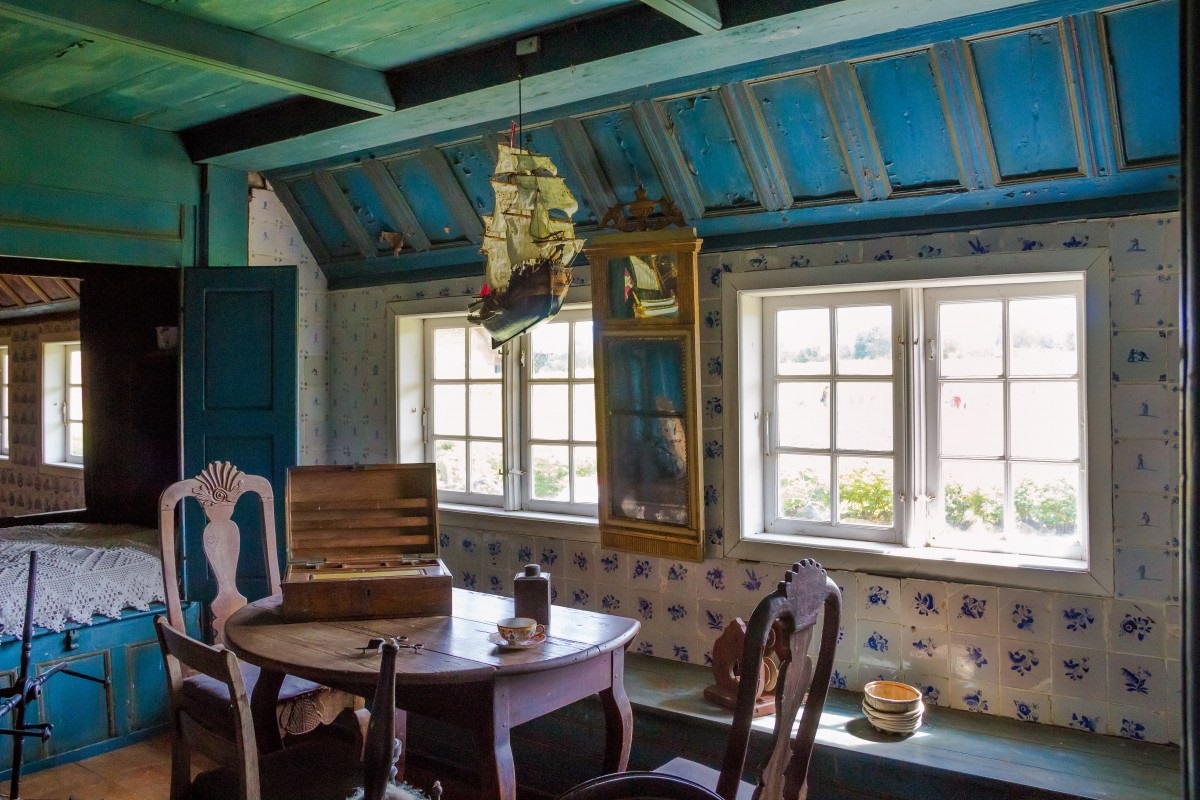What Questions Should I Ask Before Buying a Home?

As you prepare to buy a home, you’ll need to avoid numerous roadblocks that can potentially slow down your homebuying journey. Many of these roadblocks are centered on the strength and stability of your finances. which must factor in any estate agent fees you may need to pay. Prospective homebuyers must begin to closely monitor their financial health early in the homebuying preparation phase to ensure that they’ll ultimately reach a position to purchase the home of their dreams. To do so, you’ll need to ask yourself a series of financial questions throughout the year(s) leading up to your purchase. Some of these critical questions are listed below.
What is the Best Budget for Me?
Your budget is one of the ultimate deciding factors in the outcome of your homebuying experience. House-hunting is surely an exciting experience, but it cannot proceed well if you have no budget to determine the necessary financial boundaries. In general, you must ensure that the price of your new home (and related costs) will not exceed 25% of your gross monthly income.
Keep in mind that this price is not exclusively comprised of the mortgage. Other house-related payments to include in this percentage are as follows:
- Home insurance
- Monthly utility and maintenance bills (this should amount to approximately 1% of the home price)
- Homeowner’s Association (HOA) fees
Should I Buy a Brand-New Home or a Fixer-Upper?
Flipping homes certainly is appealing for those who have the time, money, and the skillset. However, when it comes to house-hunting for yourself, you’ll need to be realistic in determining your capabilities. Further, renovations may end up exceeding your budget, as you may discover more needs for repair along the way. Still, a brand-new home may be too expensive when compared to a possible fixer-upper. Ultimately, the choice lies with you in determining whether your budget, time, and skills can accommodate the new project.
Should I Renovate or Repair My Home?
Renovations and repairs are quite different in a legal context, as the two activities are subject to different permit requirements. Fixing up a window may be seen as a repair, whereas adding or removing rooms will likely be regarded as a renovation. Throughout your house-hunting experience, note the changes you might want to make in the homes you see and determine whetheryou’re able to handle the permitting and fees associated with those changes.
Would a Depreciation Schedule Apply to My Home?
A depreciation schedule for the home works in the same way it does for a brand-new vehicle. The moment you drive the car off the lot, it starts to lose value. For your home, the moment you move-in is the equivalent to you “driving off the lot.” Though this can have negative financial impacts on older homes, depreciation may be beneficial for new houses. Discuss the potential advantages with your mortgage lender to determine if depreciation is right for you.
What Type of Ownership Suits Me Best?
There are many types of ownership you can choose from when buying a home. Your property can belong to you alone, you and your spouse, and more. Each choice comes with unique economic advantages, so the choice is ultimately up to you.
As you progress through these questions, get in touch with a mortgage professional. They’ll help you to decide which options are best for your finances, and help toreach a strong position in which you can buy the home of your dreams.



